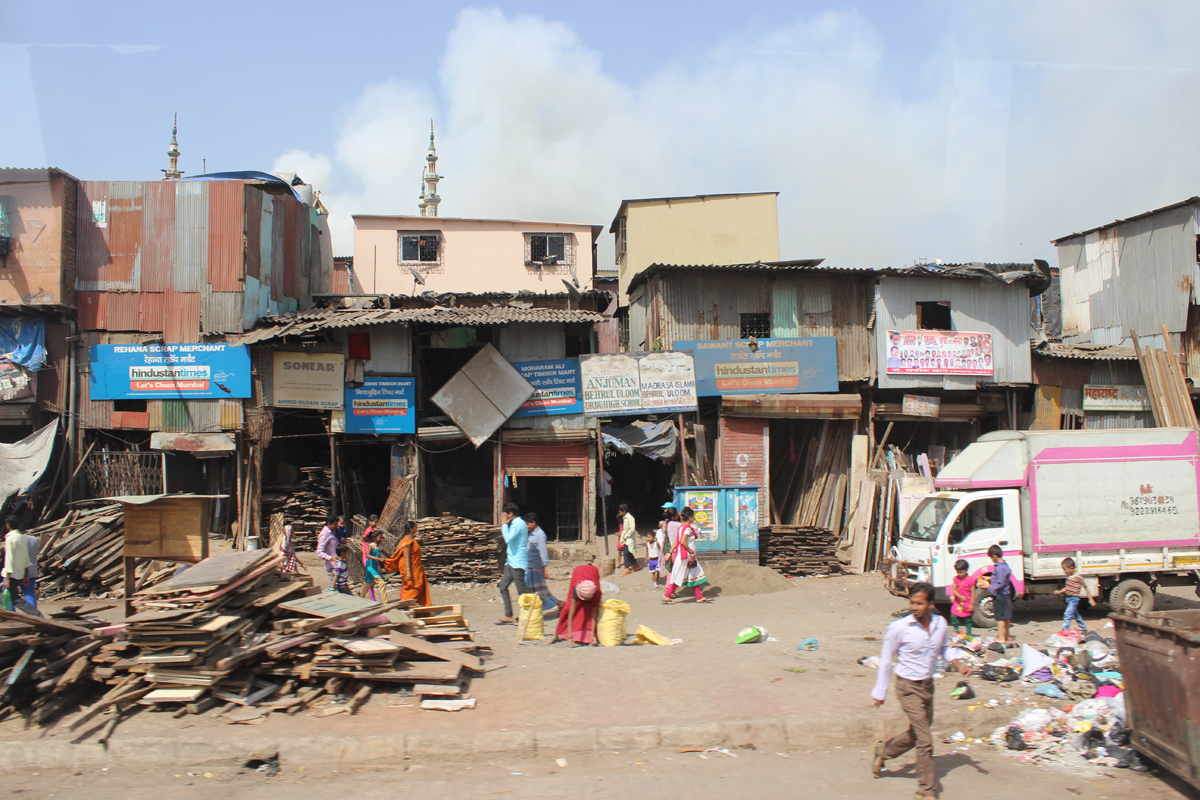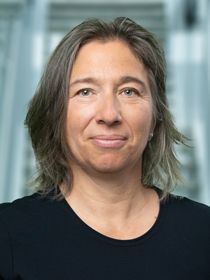The settlement areas of India's poor population are particularly affected by climate change. Effective countermeasures require special knowledge. Wherefore the new Erasmus plus project BreUCom targets on postgraduate students and professionals in India to pass the expertise on. Danube University Krems leads the consortium which will set up a special training program accessible to prospective and practicing urban planners.
Accelerating natural disasters and rising sea levels as a result of climate change are expected to pose effects on India. Especially inhabitants of marginalized and poor settlements are highly exposed to such threats. The use of unsustainable building materials is one of the reasons. Following the measures of climate protection the poor population’s specific situation of is mostly overlooked. Making housing estates more stable and durable is therefore important in means of adapting to climate change.
"Findings from the Building Inclusive Urban Communities project, coordinated by the Department for Migration and Globalization of Danube University Krems, indicate that conventional approaches to spatial planning for urban areas do not address the challenges of rapidly changing Indian cities in times of climate change. Consequently rethinking should occur in the training of urban and spatial planners," says Dr. Tania Berger from the Department of Migration and Globalization at Danube University Krems. This is where the new BReUCom project, she heads, comes in and aims to implement short-term postgraduate programs for students who cannot afford regular Master's programs. Additionally, the training programs of BreUCom address precisely those problems Indian cities face.
Cooperation between universities and NGOs
The Erasmus plus project BreUCom aims to enhance cooperation between Indian higher education institutions in Bhopal, Mumbai and Vijayawada and NGOs working in the field. In cooperation with the Dutch University of Twente Danube University Krems will again coordinate this project which plans to conduct ten comparative case studies in selected regions and to design ten postgraduate study programs on the basis of the OpenCourseWare model of MIT, USA. Further the introduction of new courses and existing curricula for graduate students and 20 one-week modules shall be developed.
Internships for NGOs in India and Europe are as well part of the program.
Project Building Resilient Urban Communities (BreUCom)
Funding: EU, Erasmus plus
Duration: 15 January 2019 to 14. January 2022
Coordinator: Department for Migration and Globalization
Project Lead: DI Dr. Tania Berger
Contact
Further Information
Tags

